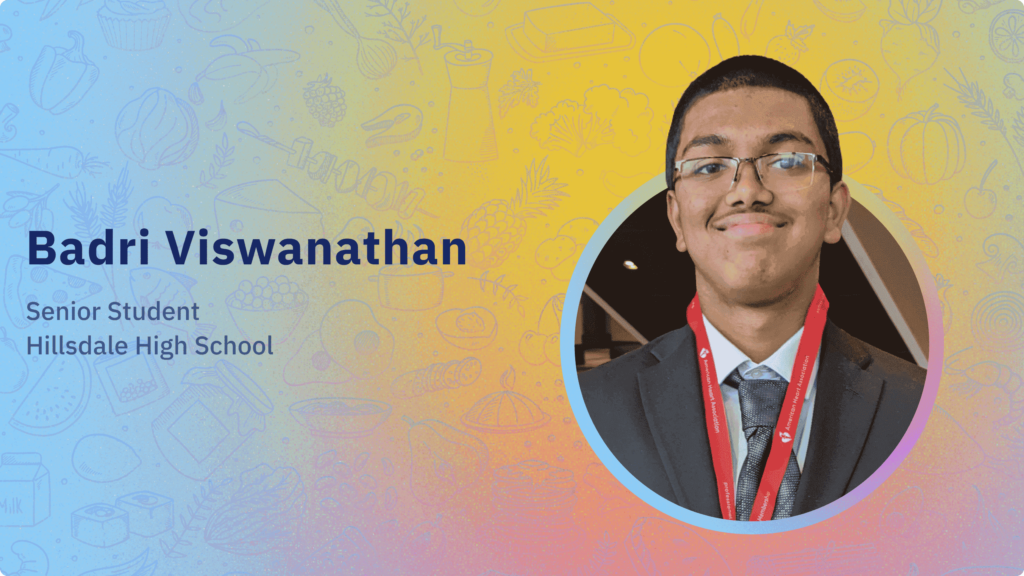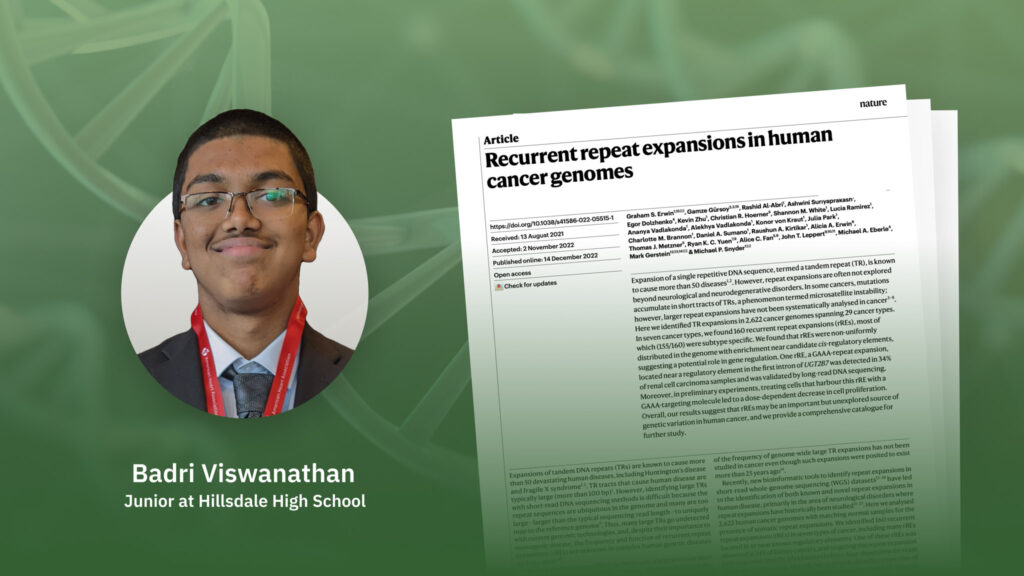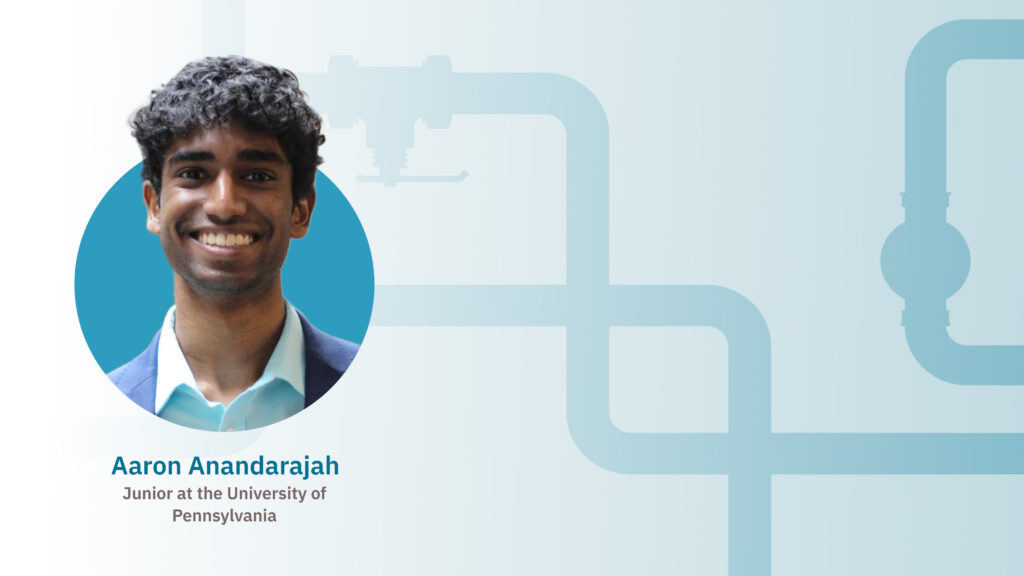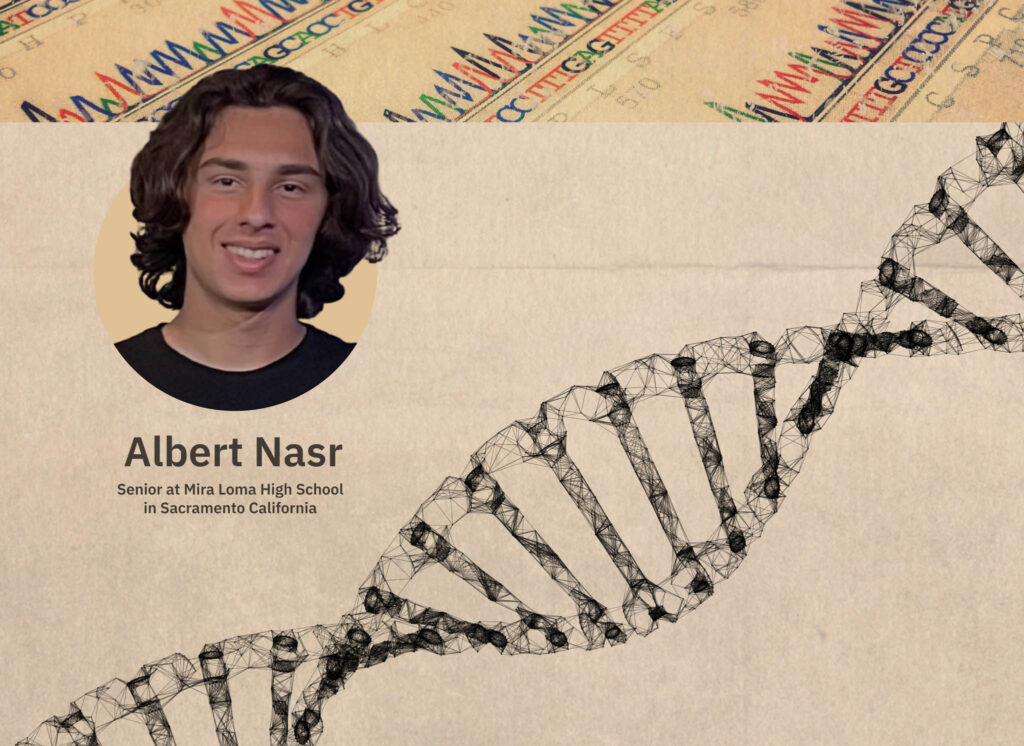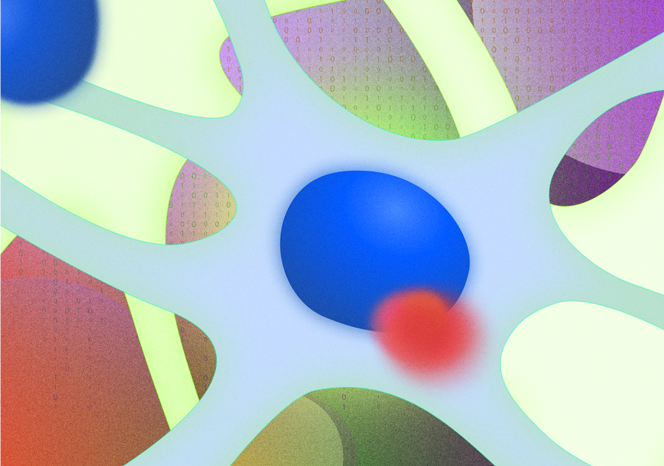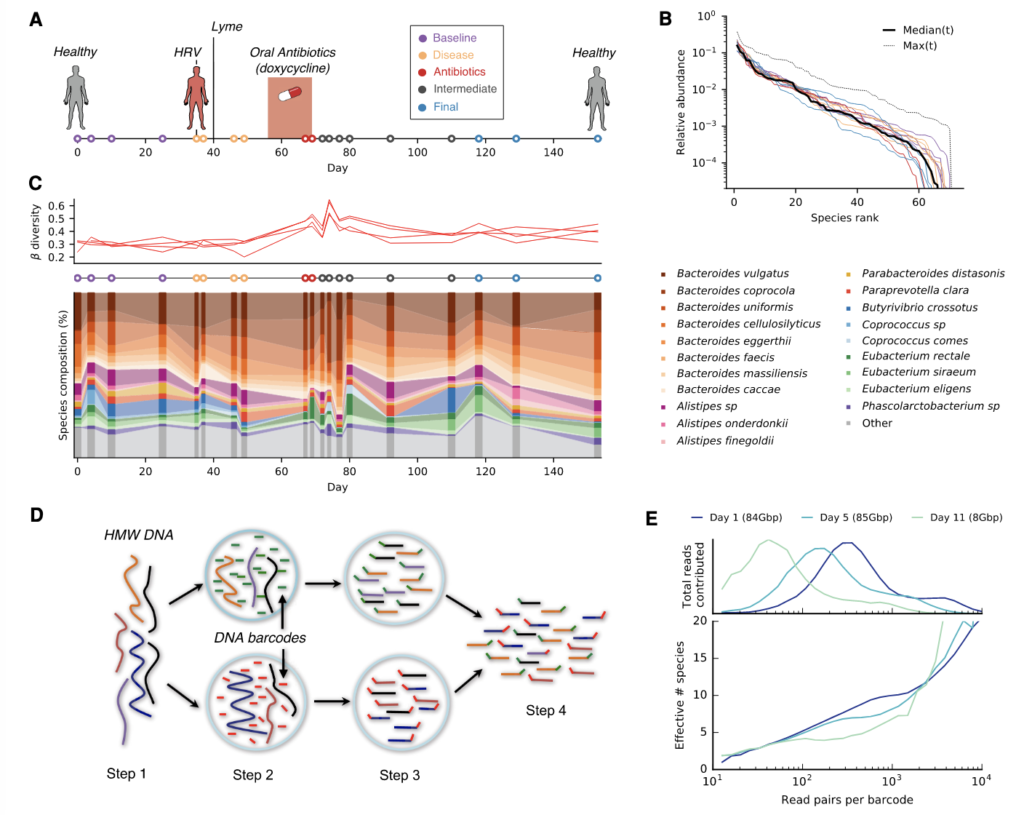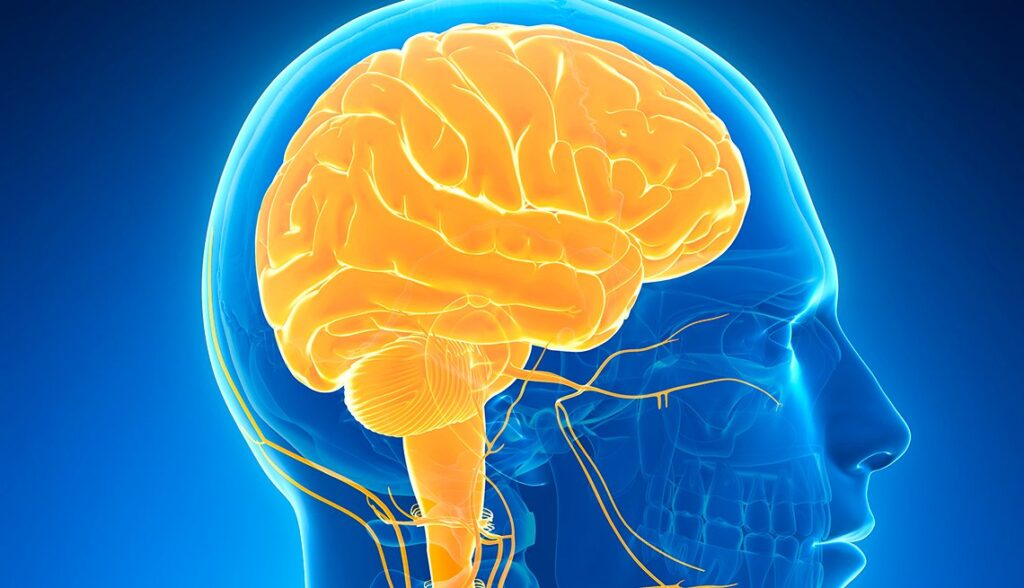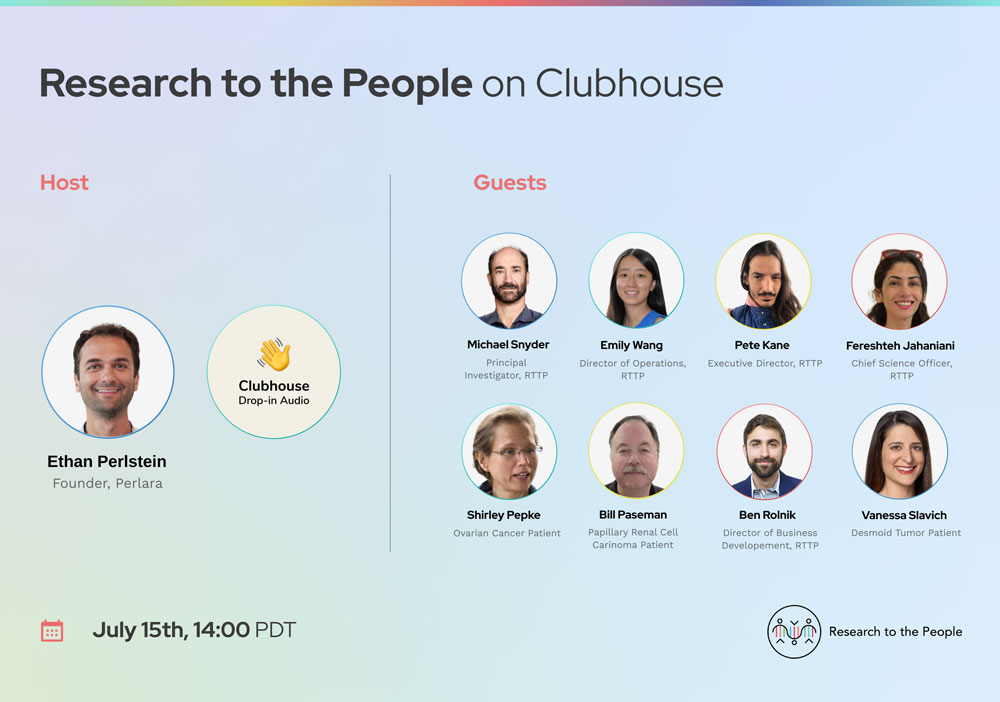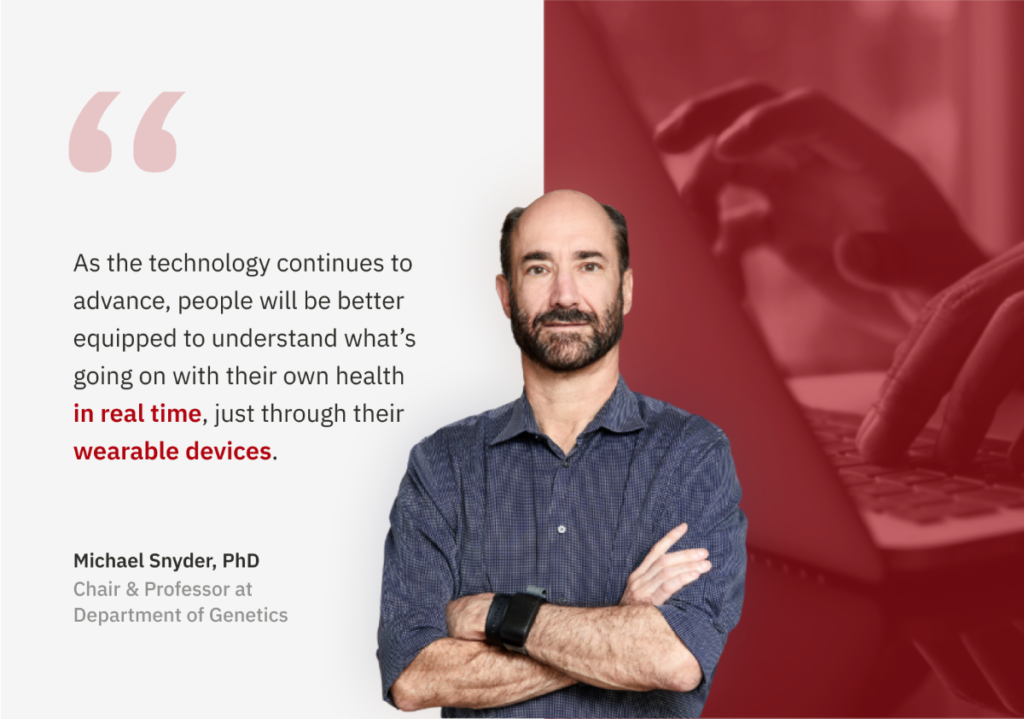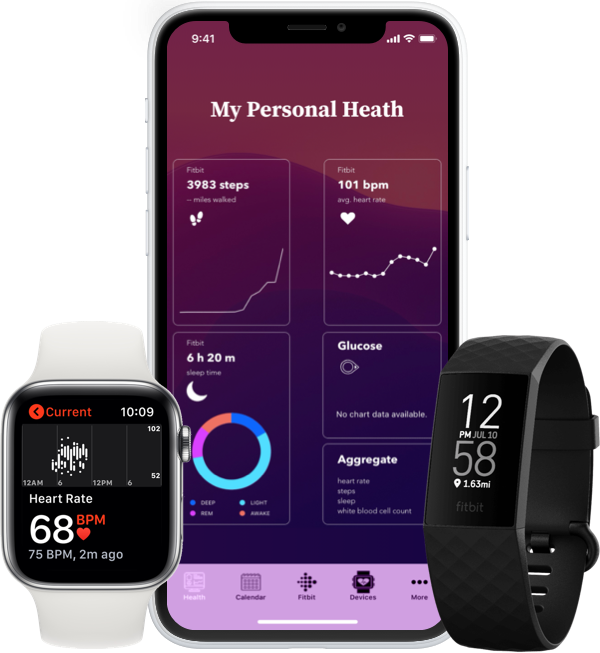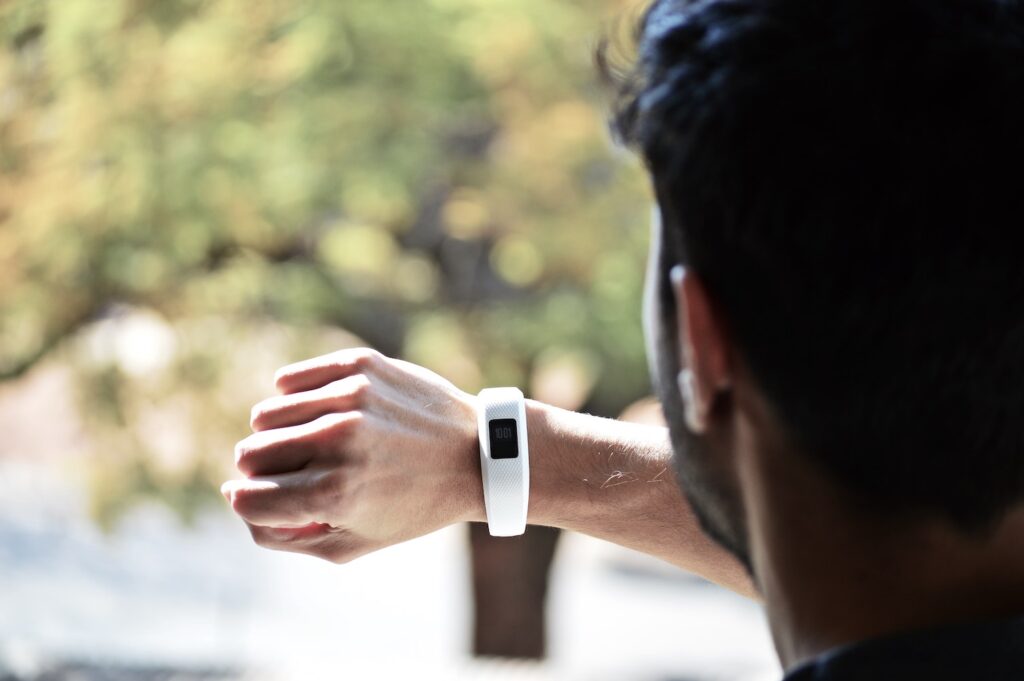While in India as a featured distinguished speaker for the International Summit on Health Innovation Grand Challenges & Global Collaborations, Michael P. Snyder, PhD spoke at the inauguration of Amrita Hospital, Faridabad with Humanitarian Leader Mata Amritanandamayi (Amma) who is also the Chancellor of Amrita University. Also in attendance were India’s Prime Minister Narendra Modi, and other academic leaders, ushering in the country’s largest private hospital.

This mega facility consisting of 2400 beds is a super specialty hospital containing a 300,000 square feet Research and Innovation Center. Built over a period of 6 years under the leadership of India’s Spiritual Leader Amma (Mata Amritanandamayi), the hospital was inaugurated by the Honorable Prime Minister of India, Shri. Narendra Modi. This Center of Excellence will provide a synergistic ecosystem for multidisciplinary research.

The week of August 22, 2022 was a historic one for the advancement of human health. About 30 renowned physicians and scientists from highest ranked institutions around the world converged into Amrita Vishwa Vidyapeetham, India’s top 5 ranked multi-disciplinary University. Amrita’s newly built state of the art Hospital and Research campus in Delhi National Capital Region hosted a two-day International Summit on Health Innovation, to discuss Grand Challenges and forge global partnerships to tackle them. The Summit was a fitting prelude to the launch of the ultra-modern healthcare facility by the PM. This hub of healthcare is established by world renowned humanitarian leader and Amrita’s Chancellor, Sri Mata Amritanandamayi Devi, popularly known as Amma, to significantly transform the health of millions.

The first day of the Summit began with nine round-table discussions in frontier areas including precision medicine, preventive cardiology, neuro-regeneration, intelligent imaging, immunology, and oncology. with delegations from Stanford, Harvard, University of California at San Diego, University of California at Davis, University of Arizona, and University at Buffalo. In Dr. Snyder’s talk, he heralded a new approach of preventing disease before symptoms occur, with the help of wearable sensors to detect and provide early warnings of any impending health risks. The talk was well received and followed by a vibrant discussion on the immense potential for adoption of those ideas in India.
Dr. Snyder was a distinguished keynote speaker this week at the International Summit on Health, attending with other Stanford colleagues and medical leaders from universities around the world, including Harvard Medicine, Beth Israel Deaconess Medical Center, University of California San Diego, University of California Davis, State University of New York at Buffalo, and University of Arizona. This international meeting deliberated on grand challenges in healthcare, innovation and technologies.

Built upon Amma’s vision to provide high-quality and affordable healthcare to all, it is an institution that values compassion as much as technology. The hospital spreads across 130 acres and will has 2,600 beds, 81 specialties, 64 fully-networked modular operation theatres, and 534 critical care beds.

It begins as home to eight Centers of Excellence, including radiation, oncology, cardiac sciences, neurosciences, gastroenterology sciences, renal sciences, bone diseases and trauma, transplants, and mother and child care. It is Amma’s wish that this new institution becomes an abode of service to humankind and a place of solace for suffering. More than a hospital, may it become a temple of compassion and well-being for all.

Photos and event information credit of Ekanath Srihari Rangan, Amrita Hospital, University, and the International Summit on Health Innovation Grand Challenges & Global Collaborations.





